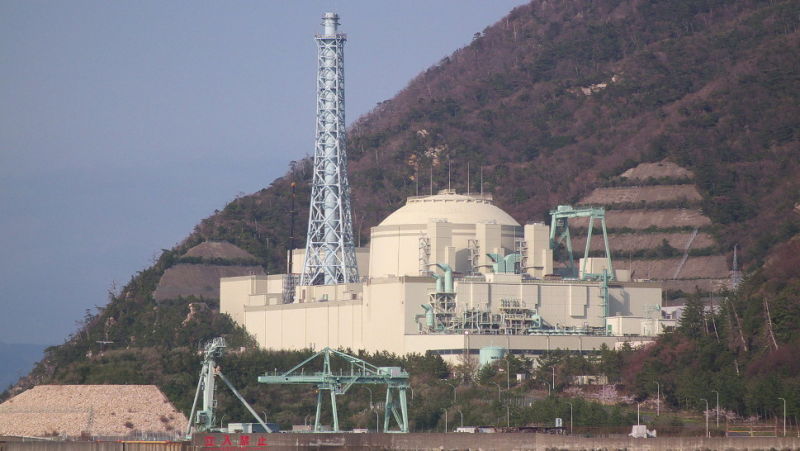The experimental Monju nuclear reactor in Japan, which worked for just 250 days out the 22-year lifespan and created only one-hour worth electricity since the 1990s, has finally been decommissioned by the government.
The reactor was located in Japan’s Fukui Prefecture and was based on the unique sodium-cooled fast reactor. The work on reactor started in 1986 and was made public in April 1994. But it was soon engulfed in controversy after a major fire started due to a sodium leak, forcing it to shut down. The plant was reopened in May 2010, but an accident involving dropped machinery forced it shut down again.
The once dubbed “dream reactor” was supposed to produce more plutonium than it consumes, thus reducing the amount of nuclear waste. But the plant was marred by inopportune accidents which prevented the reactor from ever becoming fully functional.
The plant cost around $9 billion, now required further $4.6 billion in safety upgrades spanning over the next 30 years to make it functional again, which was the main reason for the government deciding to decommission it.
“We have decided to decommission Monju because restarting it would require significant time and cost,” Chief Cabinet Secretary Yoshihide Suga told the Associated Press.
The plant will consume another $3.2 billion to be fully brought down, with the nuclear fuel being neutralised by 2022, and the entire structure being dismantled by 2047.
But even after this hit and miss, Japan seems adamant to develop fast reactors which reprocess spent fuel while reusing valuable plutonium and uranium.
Japan’s Industry Minister Hiroshige Seko told Japan Times,
“We will make full use of the highly valuable knowledge and expertise acquired at Monju as we move forward with fast reactor development…first by concentrating on creating a strategic road map,”
Locals are understandably frustrated by this decision, as they fear the consequential loss in subsidies and jobs. Many are also worried about the associated safety concerns, given the country is still reeling from the Fukushima disaster not so long ago.

